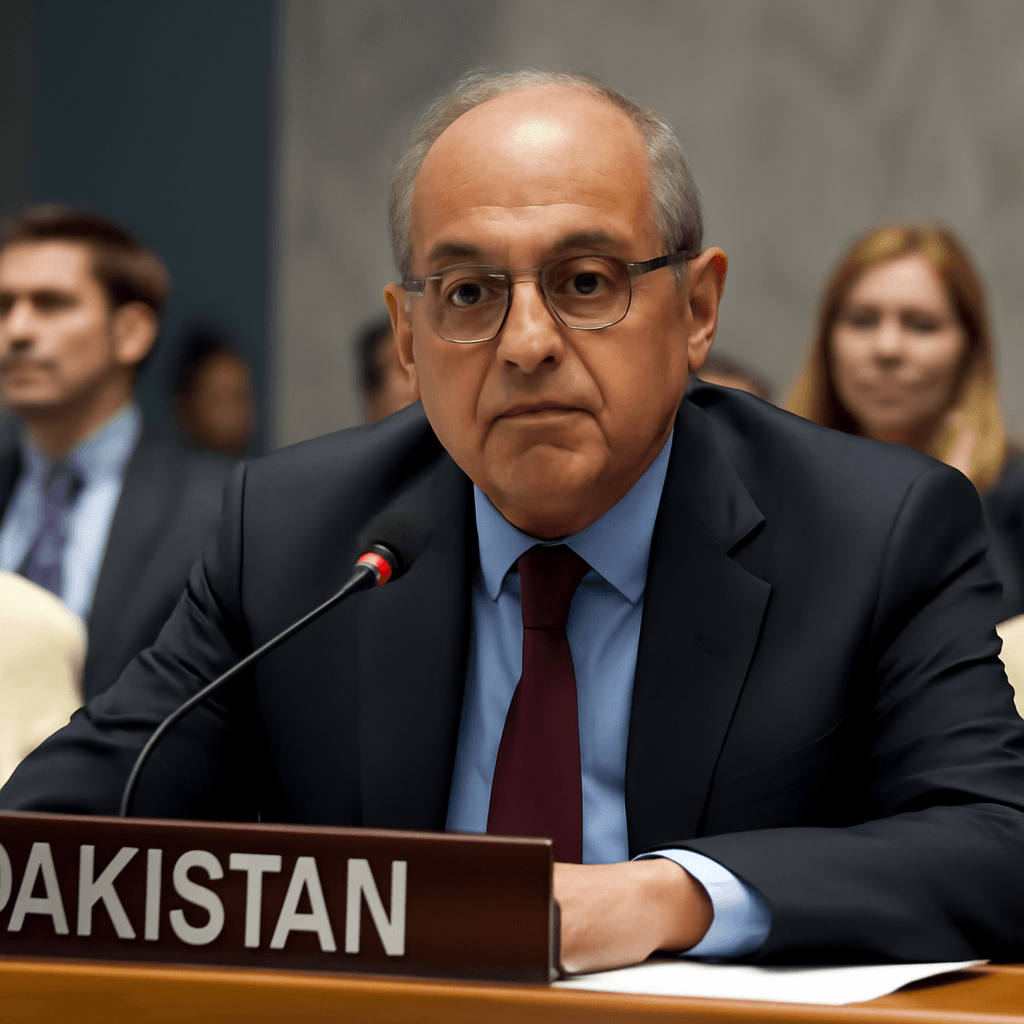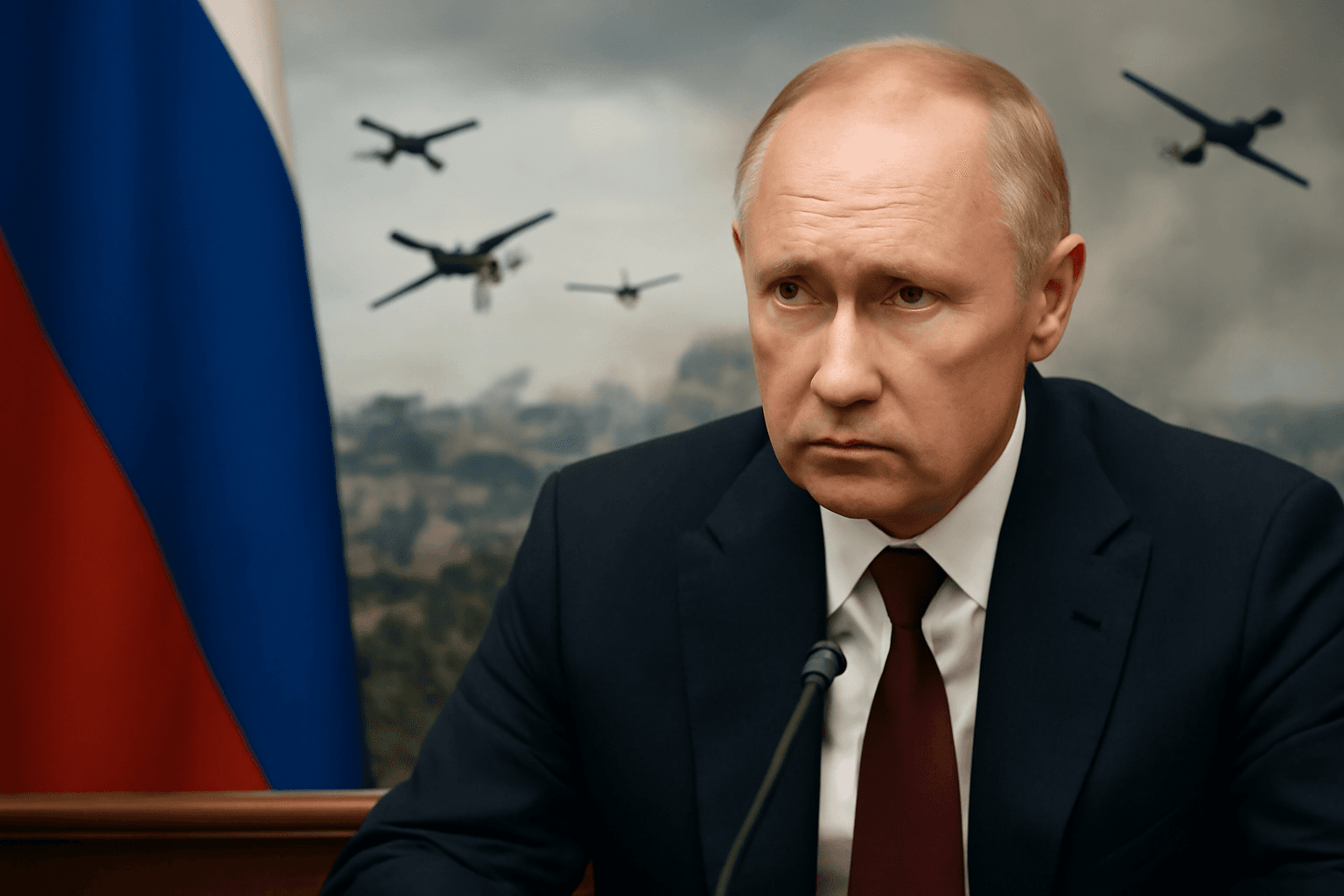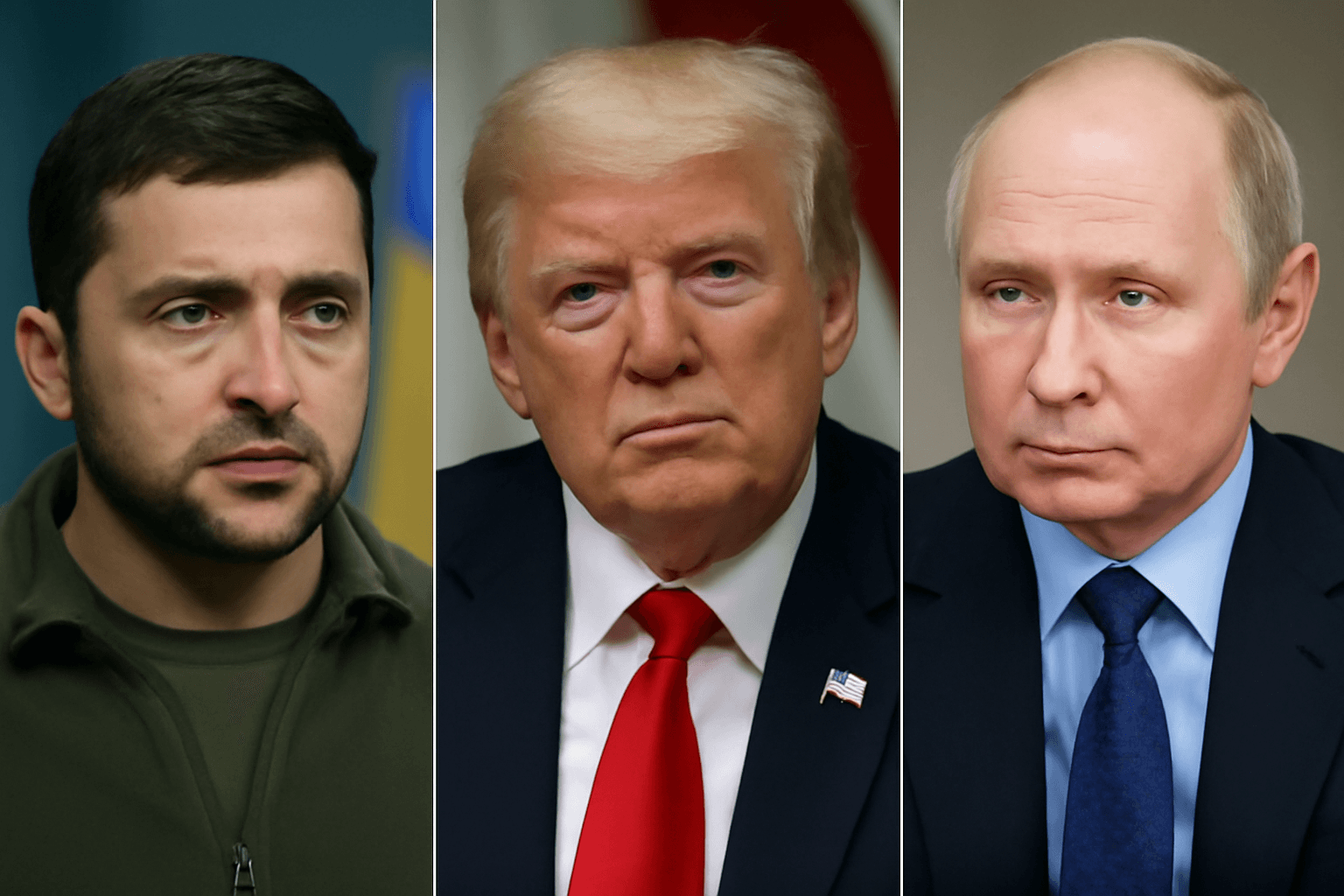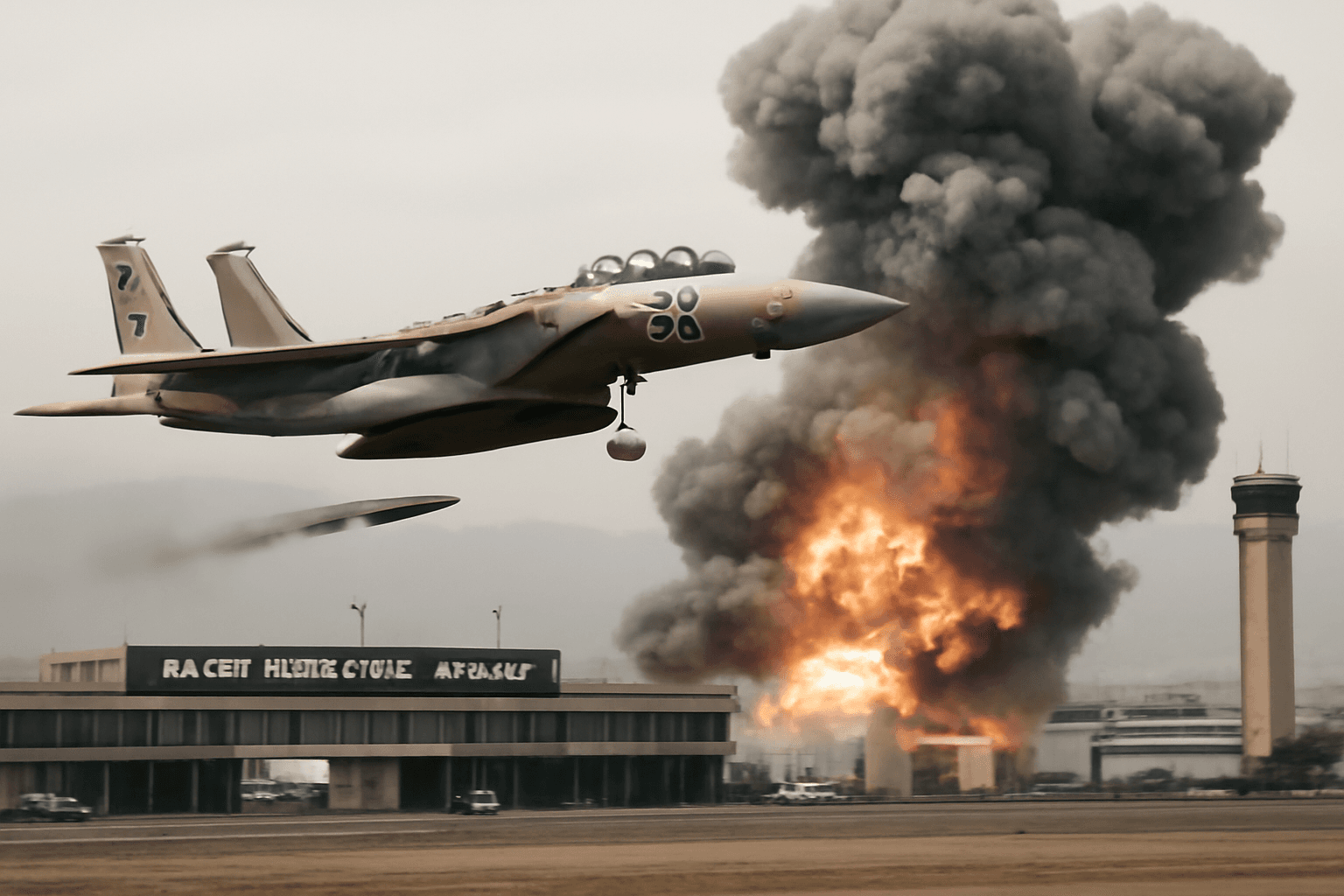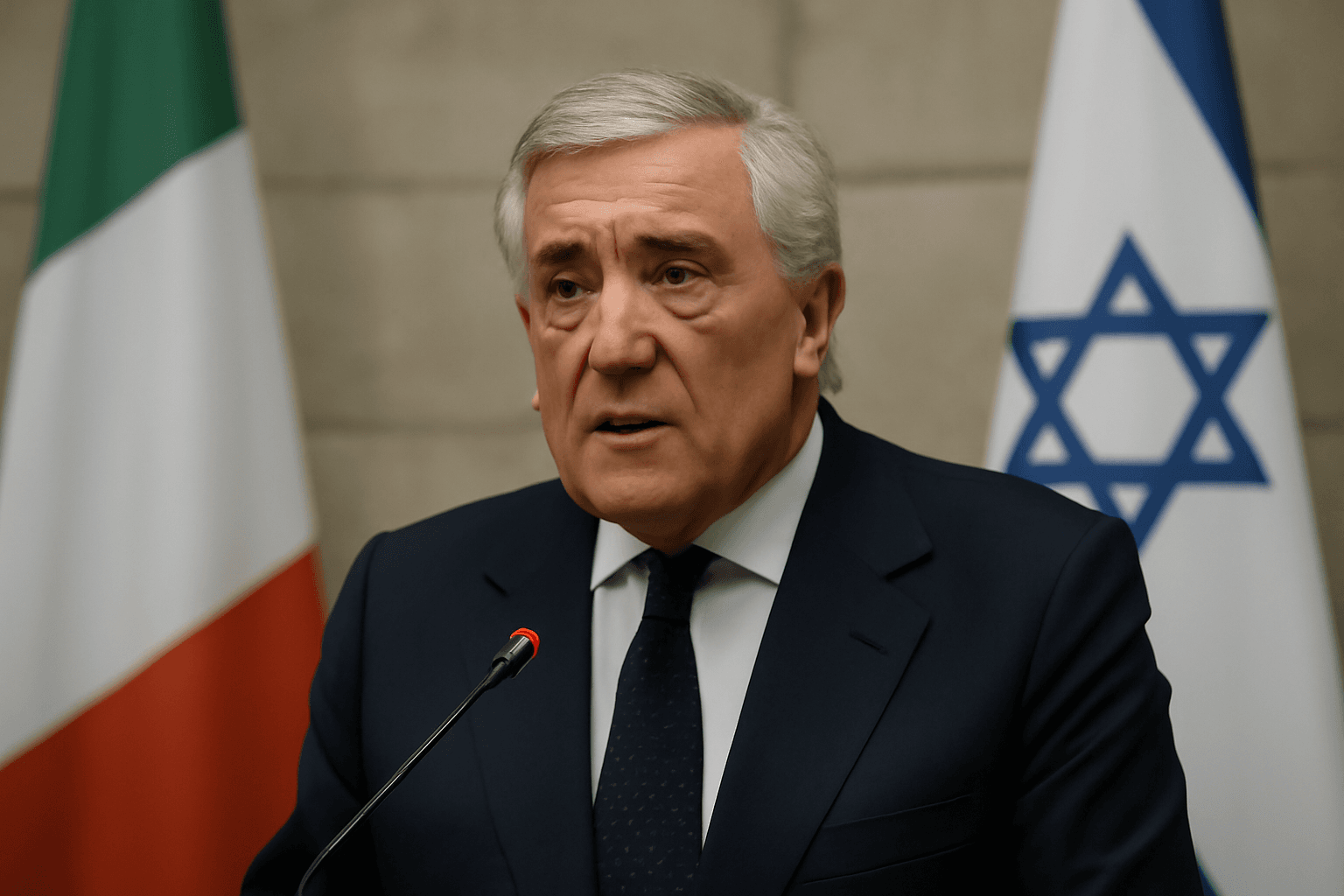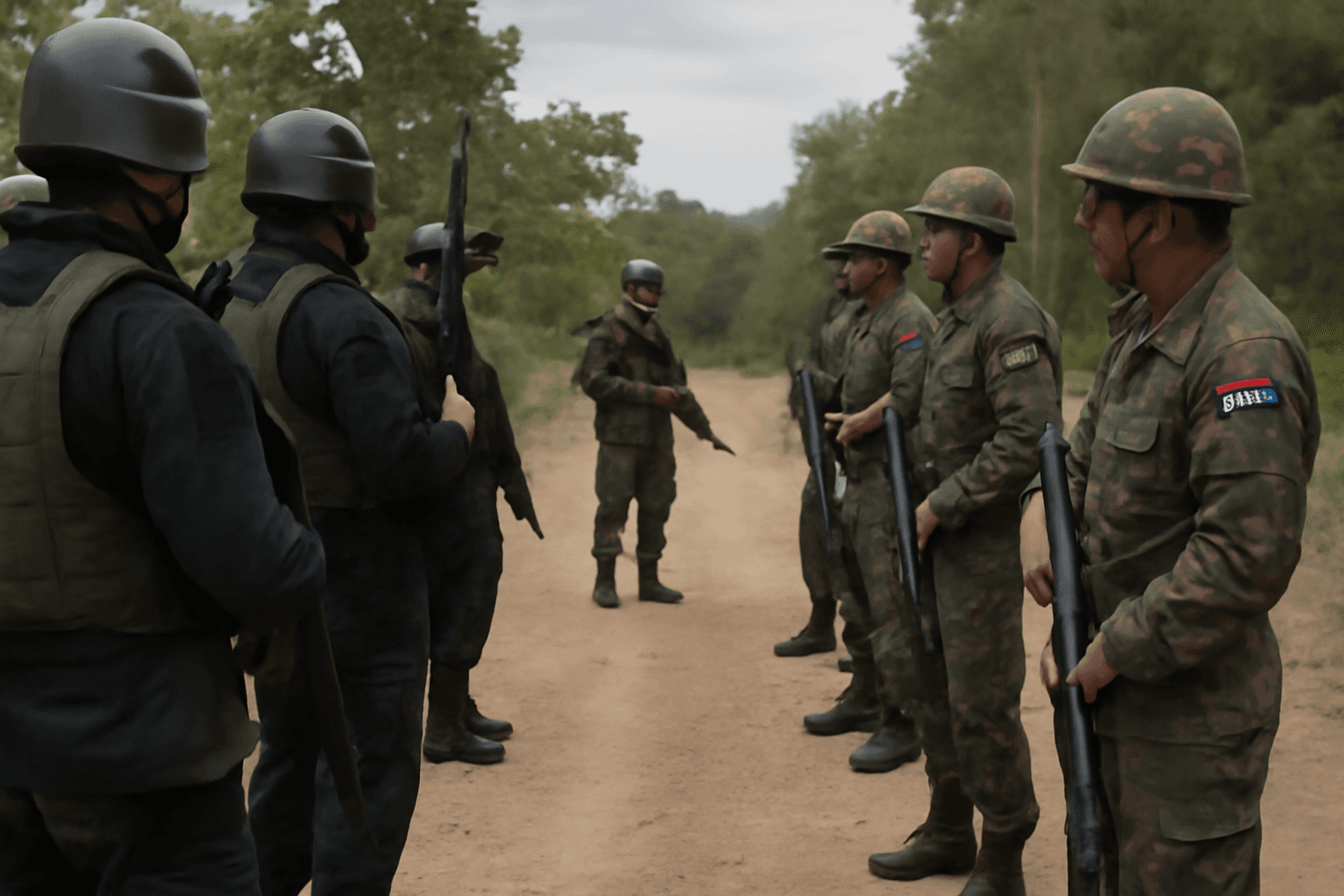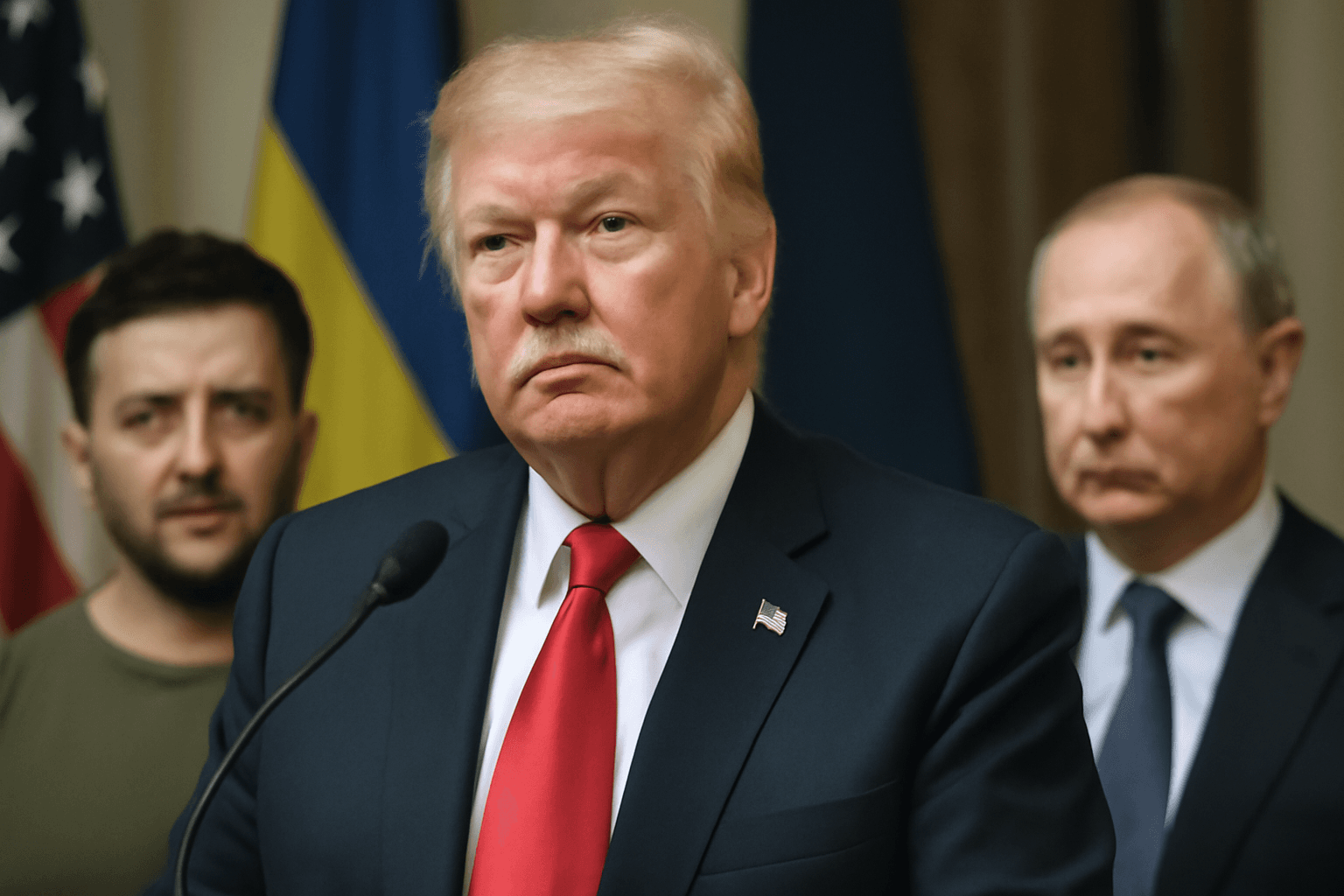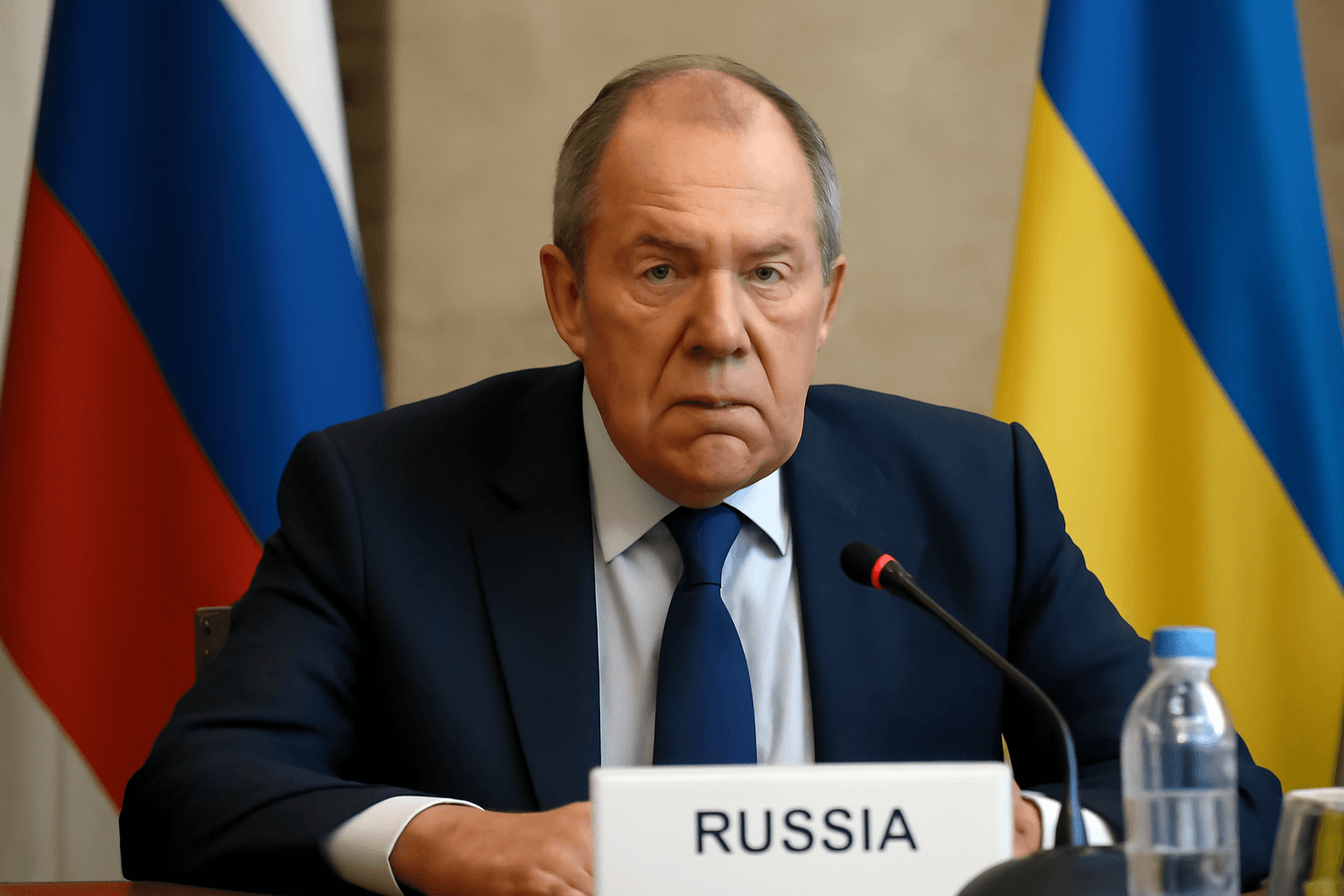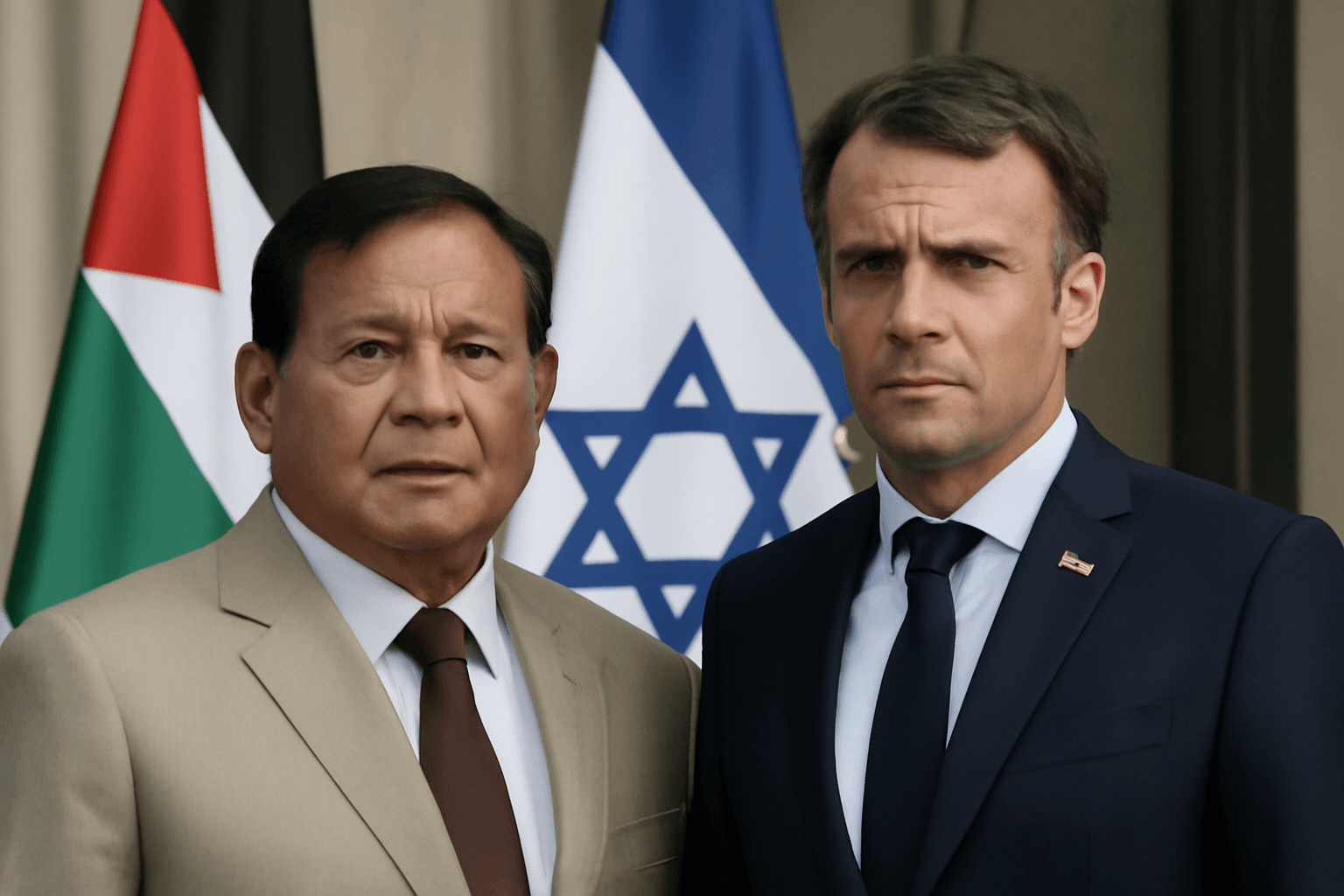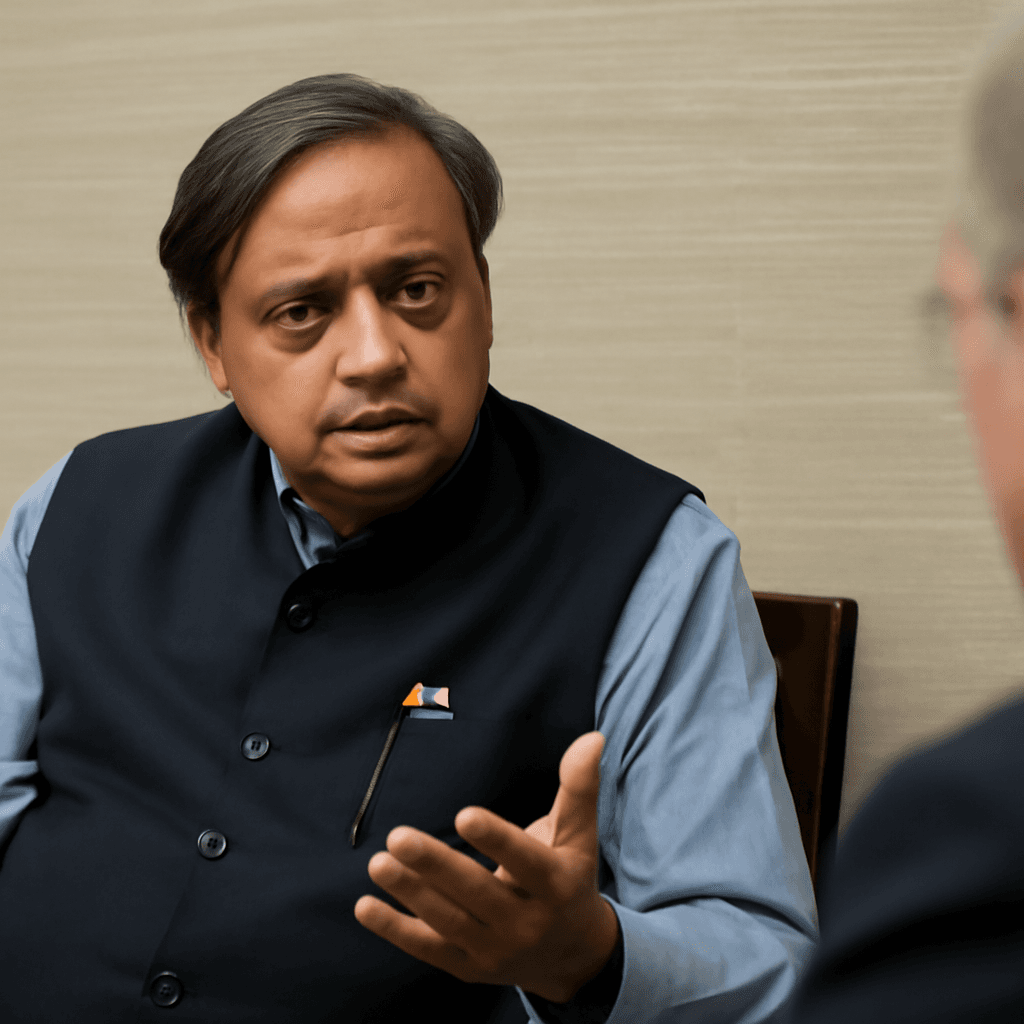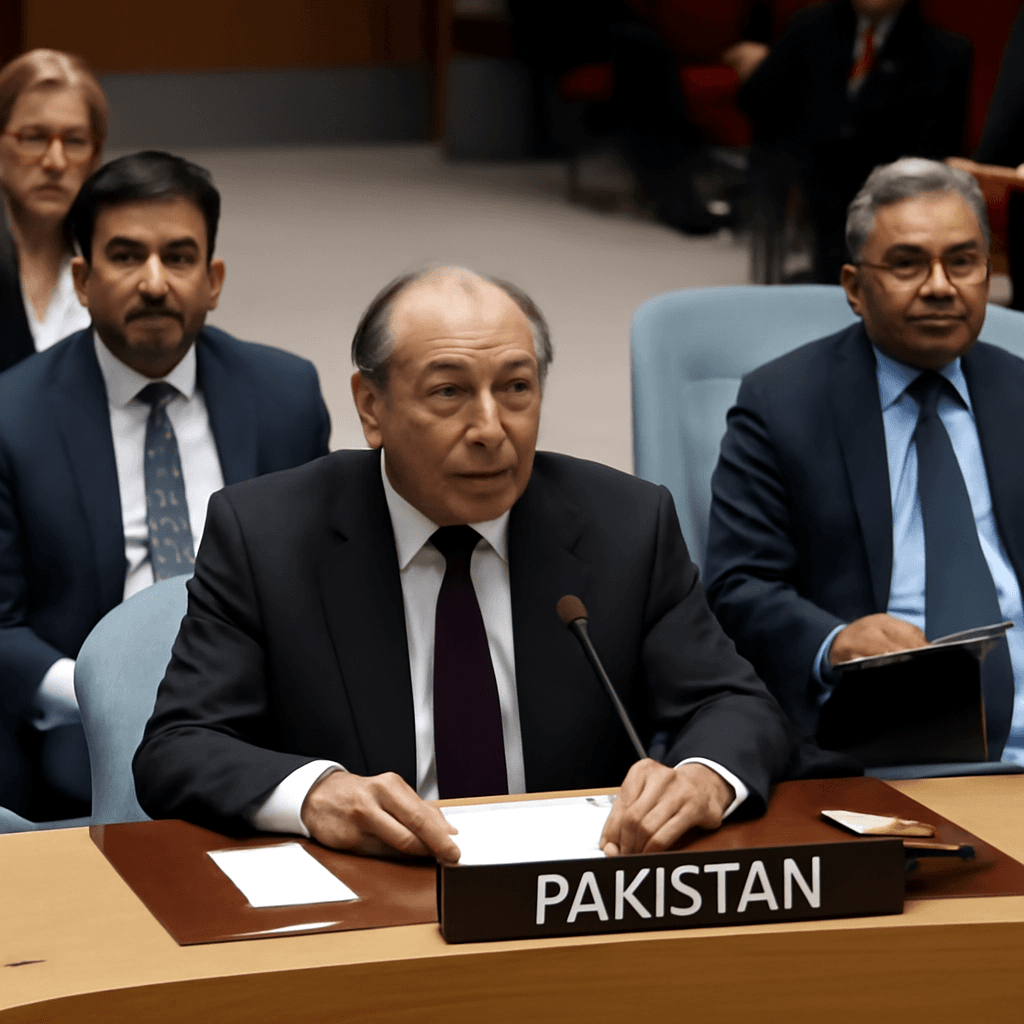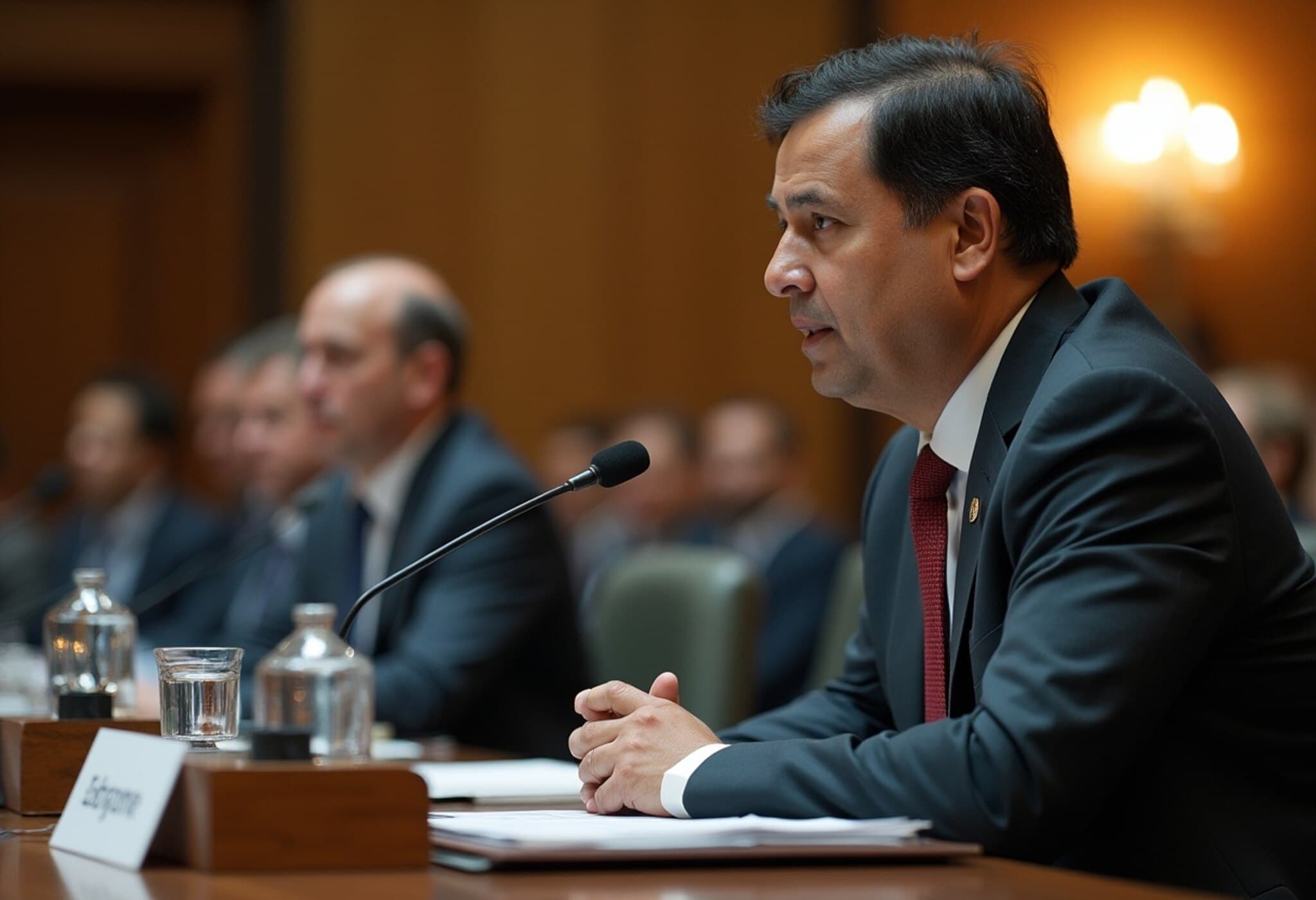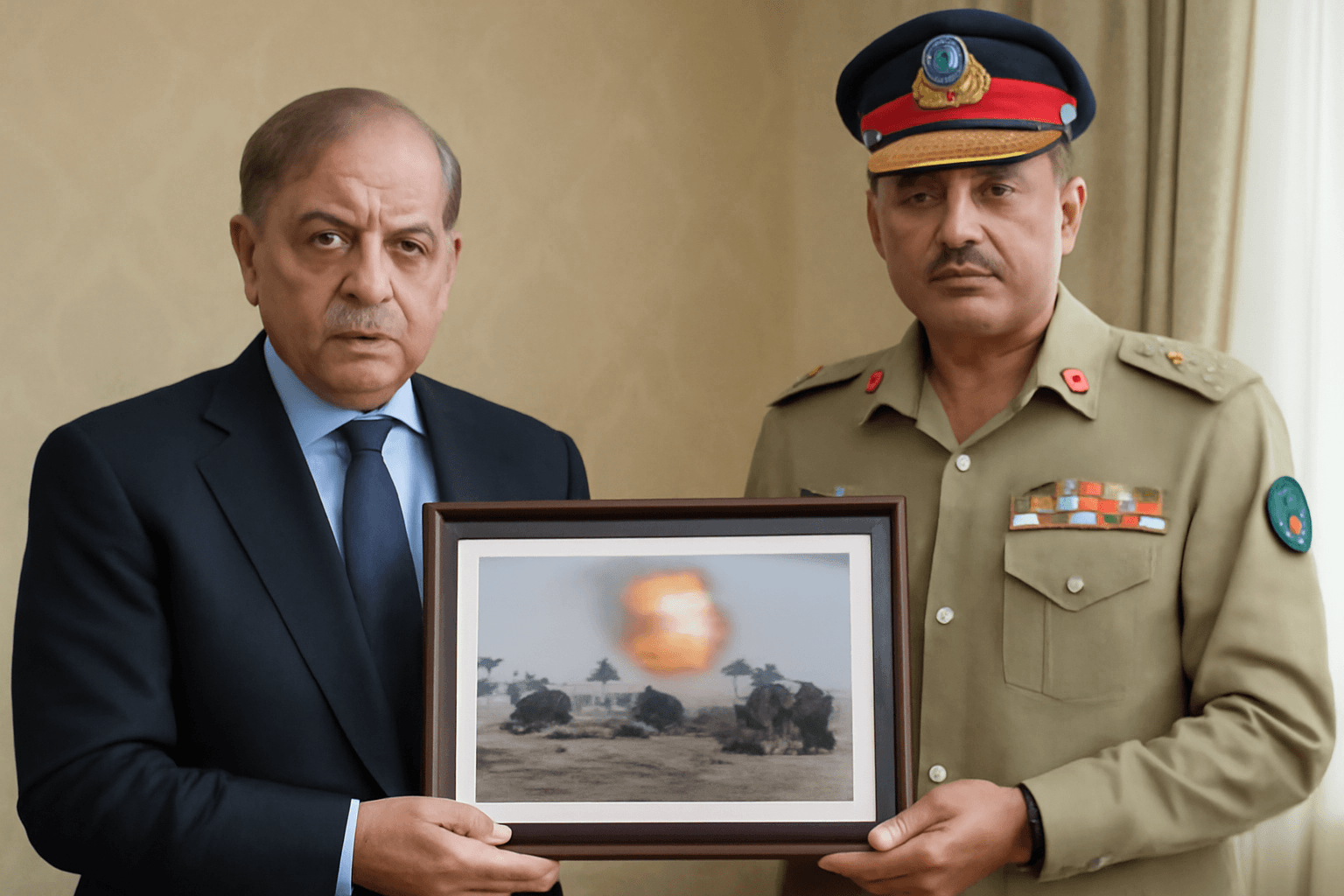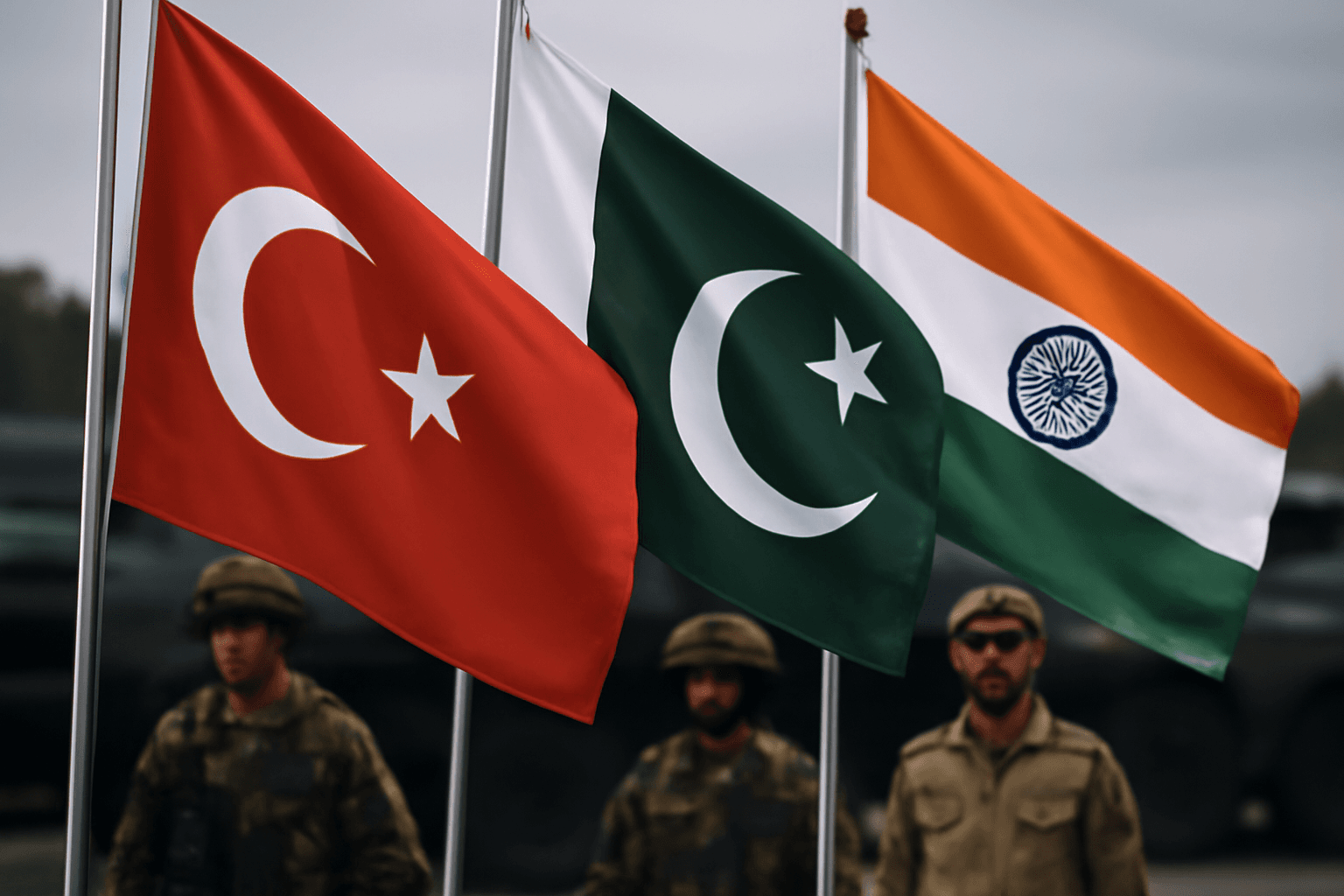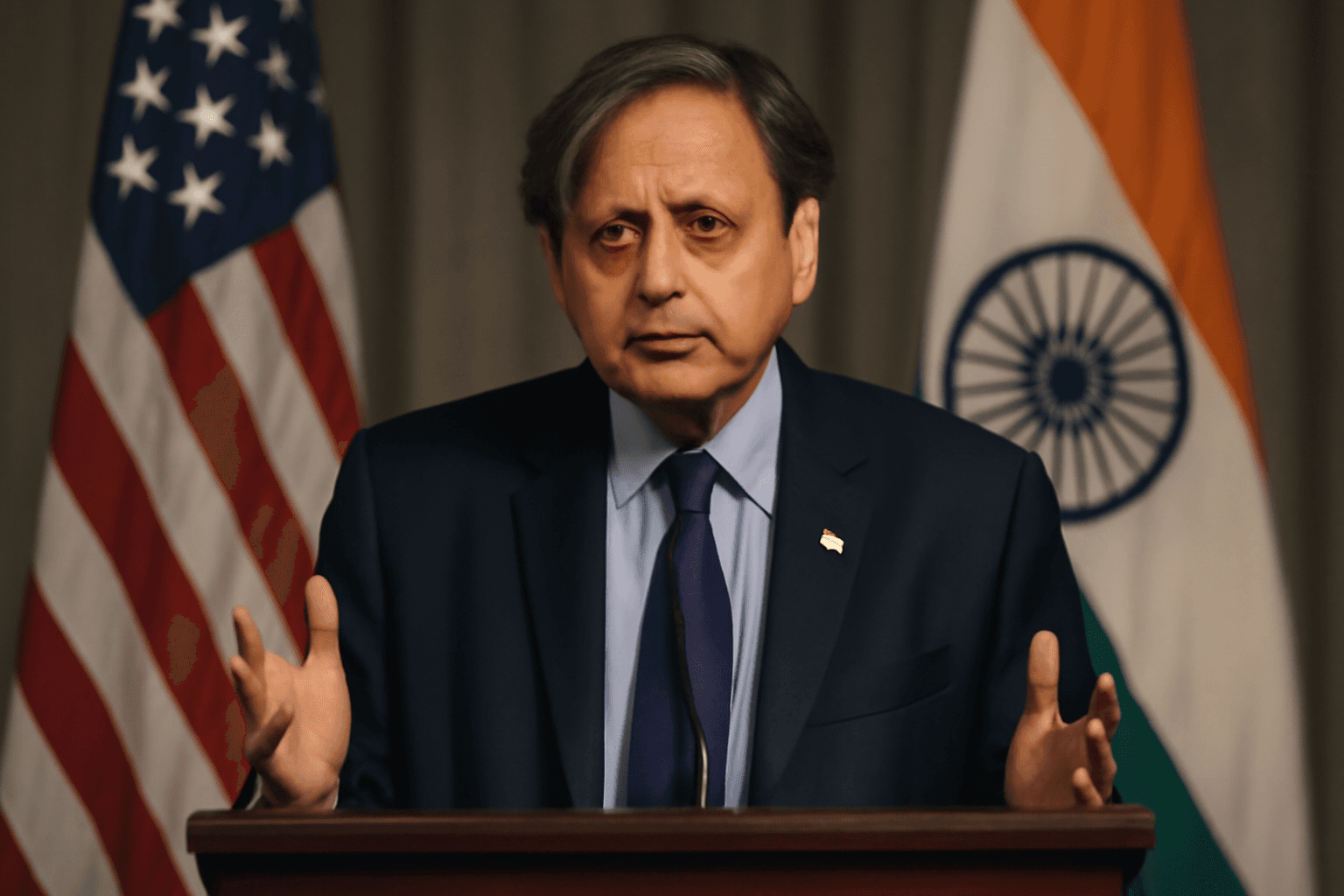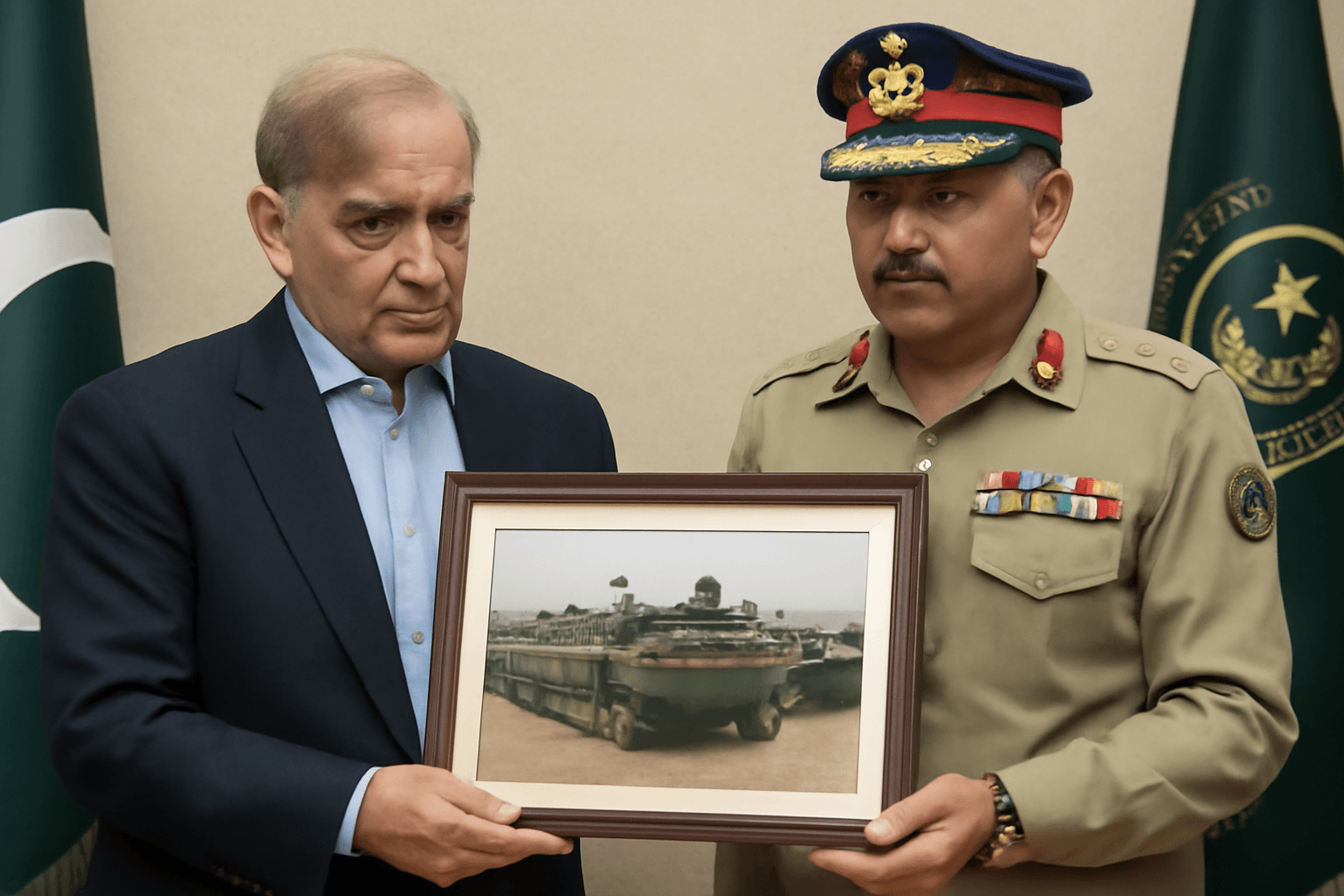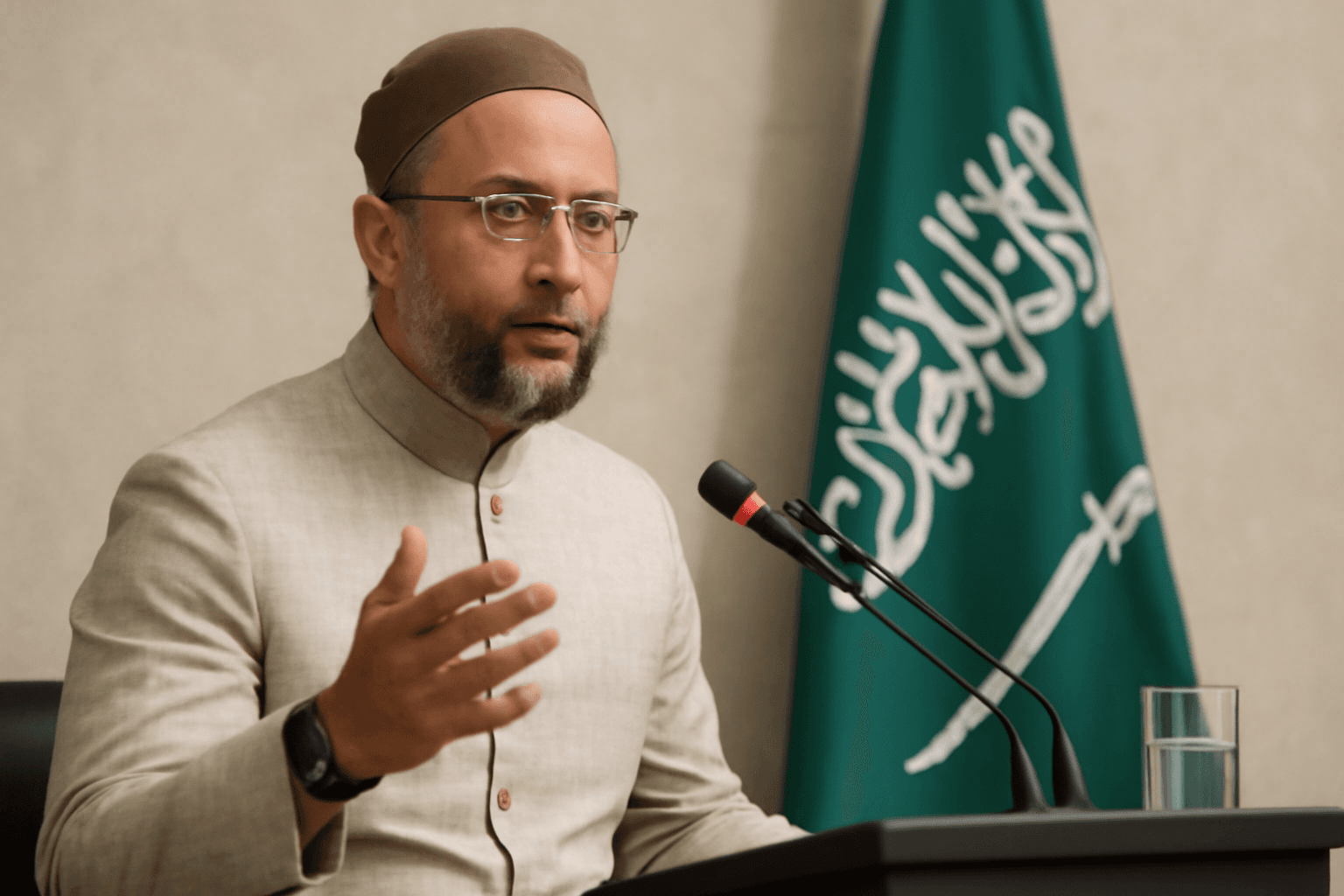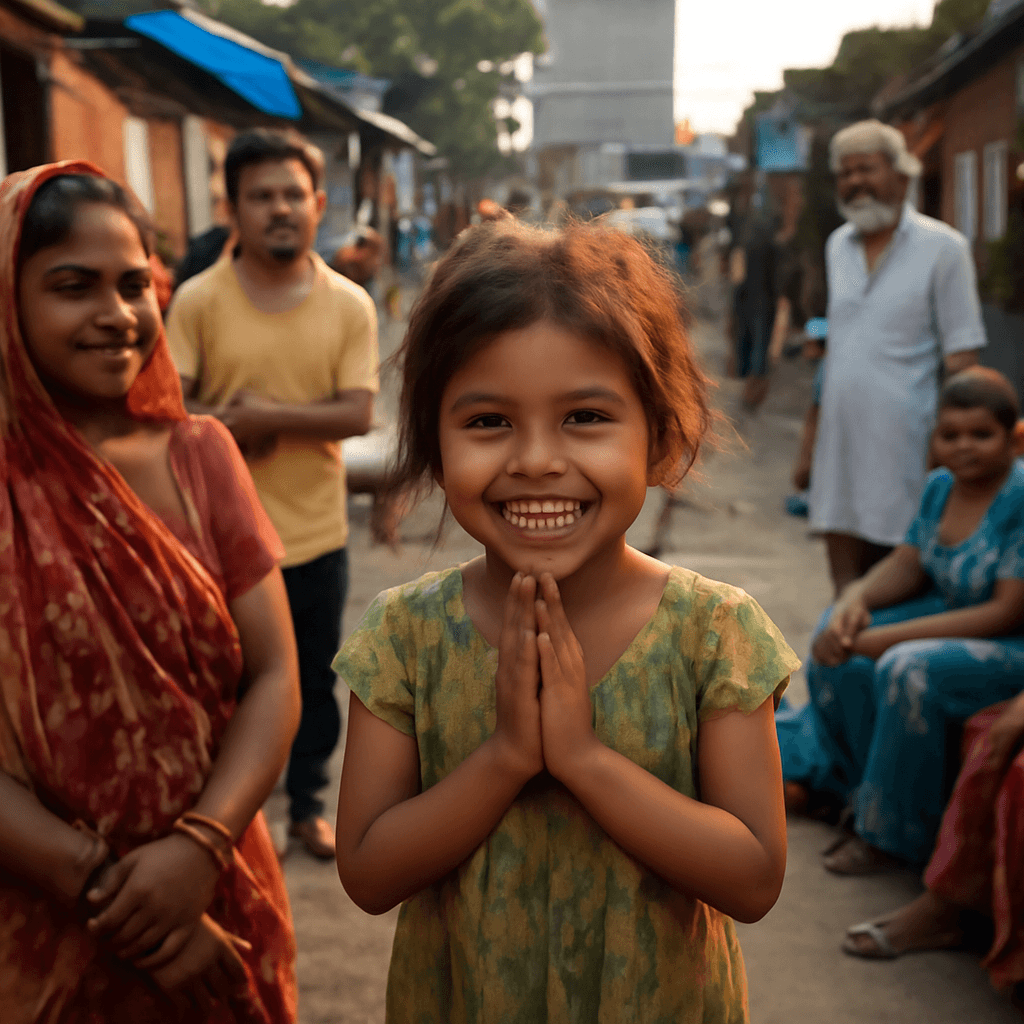Pakistan's Limited Success in Securing UN Security Council Panel Leadership
Pakistan’s ambitions at the United Nations Security Council (UNSC) faced a significant setback as its request to lead multiple terrorism-related committees was largely denied. Despite seeking to chair four key panels, Pakistan was awarded leadership of just one — the 1988 Taliban Sanctions Committee — along with a vice-chair position on the 1373 Counter-Terrorism Committee (CTC).
What Pakistan Sought Versus What It Received
Holding a non-permanent seat on the 15-member UNSC for the 2025–26 term, Pakistan had pushed to chair several influential committees, including the 1267 Sanctions Committee, the 1540 Committee on non-proliferation, the Taliban sanctions panel, and the CTC. Instead, it ended up with just one direct chairmanship — ironically, heading the committee focused on sanctions against the Taliban — along with vice-chair roles on other groups. Russia and Guyana took up vice-chair positions on the Taliban committee, while Pakistan also earned co-chair roles in the Sanctions Informal Working Group alongside Greece and the Documentation Working Group with Denmark.
According to insiders, these outcomes were far below Pakistan’s expectations and reflected broader skepticism among other Council members about granting it extensive leadership under the current geopolitical climate.
Behind the Scenes: Delays and Discontent
Pakistan’s firm demands reportedly caused a delay of approximately five months in the committee assignments, pushing finalization from January to June 2025. Several Council officials expressed frustration at what they described as Pakistan’s inflexible and unjustified stance, which hindered smooth consensus-building.
Furthermore, efforts by Pakistan to spotlight India in terrorism discussions have met considerable resistance from fellow Security Council members, signaling limited political support for Islamabad’s agenda within the UNSC.
Consensus-Driven Dynamics Limit Influence
Notably, none of the five permanent UNSC members — China, France, Russia, the United Kingdom, and the United States — accepted chair positions in these panels. This reflects a shared recognition that leadership roles on these committees offer limited actual authority, as decisions fundamentally require broad consensus.
Historic First: Dual Co-Chairs in Informal Working Group
Marking a milestone, one Informal Working Group (IWG) will have two co-chairs for the first time ever, aimed at diluting Pakistan’s influence. While Pakistan has secured co-chair positions on groups focused on documentation/procedural matters and sanctions, the double leadership structure appears a strategic move by other members to ensure balanced oversight.
Despite recent diplomatic visits by Pakistani representatives to the UN headquarters, sources suggest Islamabad is unlikely to be fully satisfied with the outcomes, which underscore challenges to its credibility and standing within the global body.
Context: Pakistan and Security Council Roles
- Pakistan serves as a non-permanent member on the 2025–26 UNSC.
- It now chairs the 1988 Taliban Sanctions Committee and holds vice-chair/co-chair roles on several others.
- India, by comparison, chaired the Counter-Terrorism Committee during its 2021–22 UNSC term, underscoring its active role in global counterterrorism efforts.
As Pakistan navigates its UNSC tenure, its limited success in securing leadership roles reflects broader geopolitical dynamics and skepticism surrounding its terrorism-related policies.

